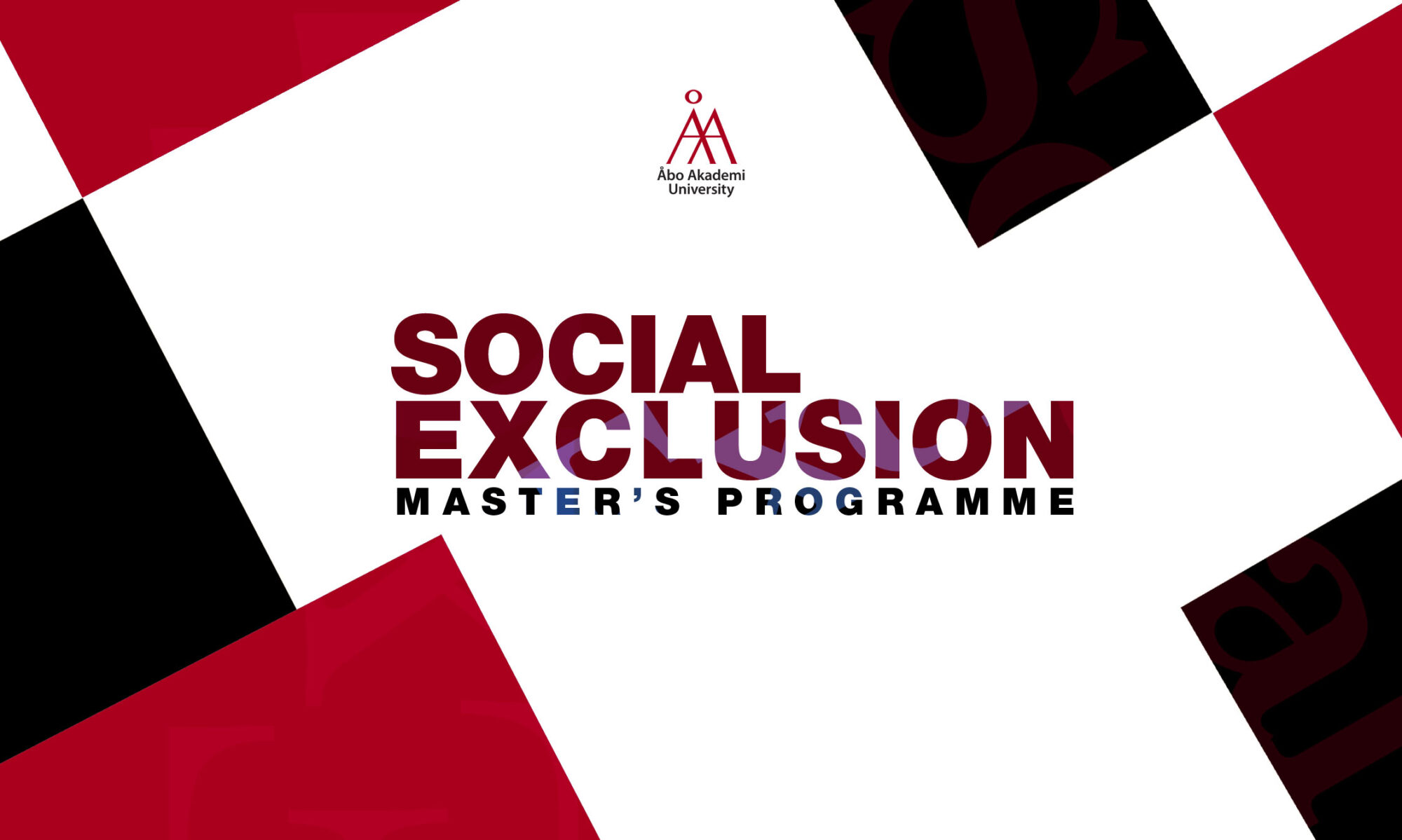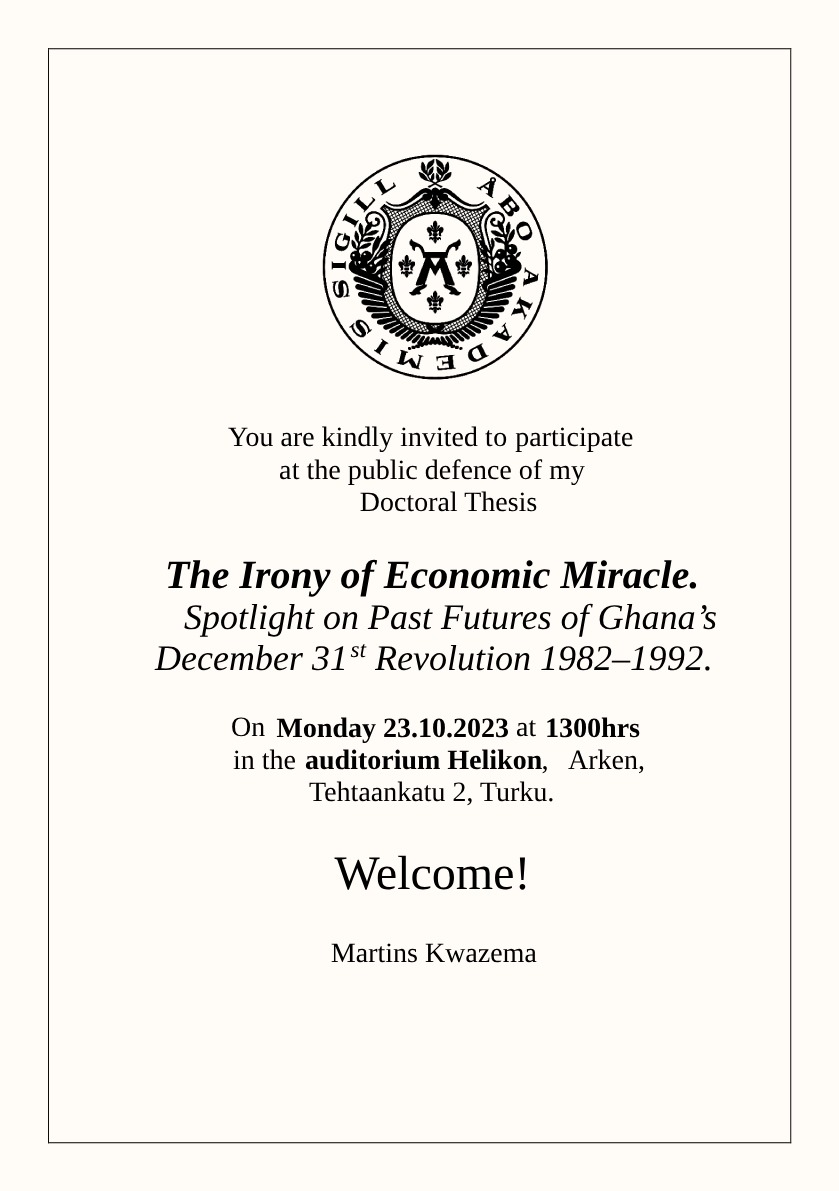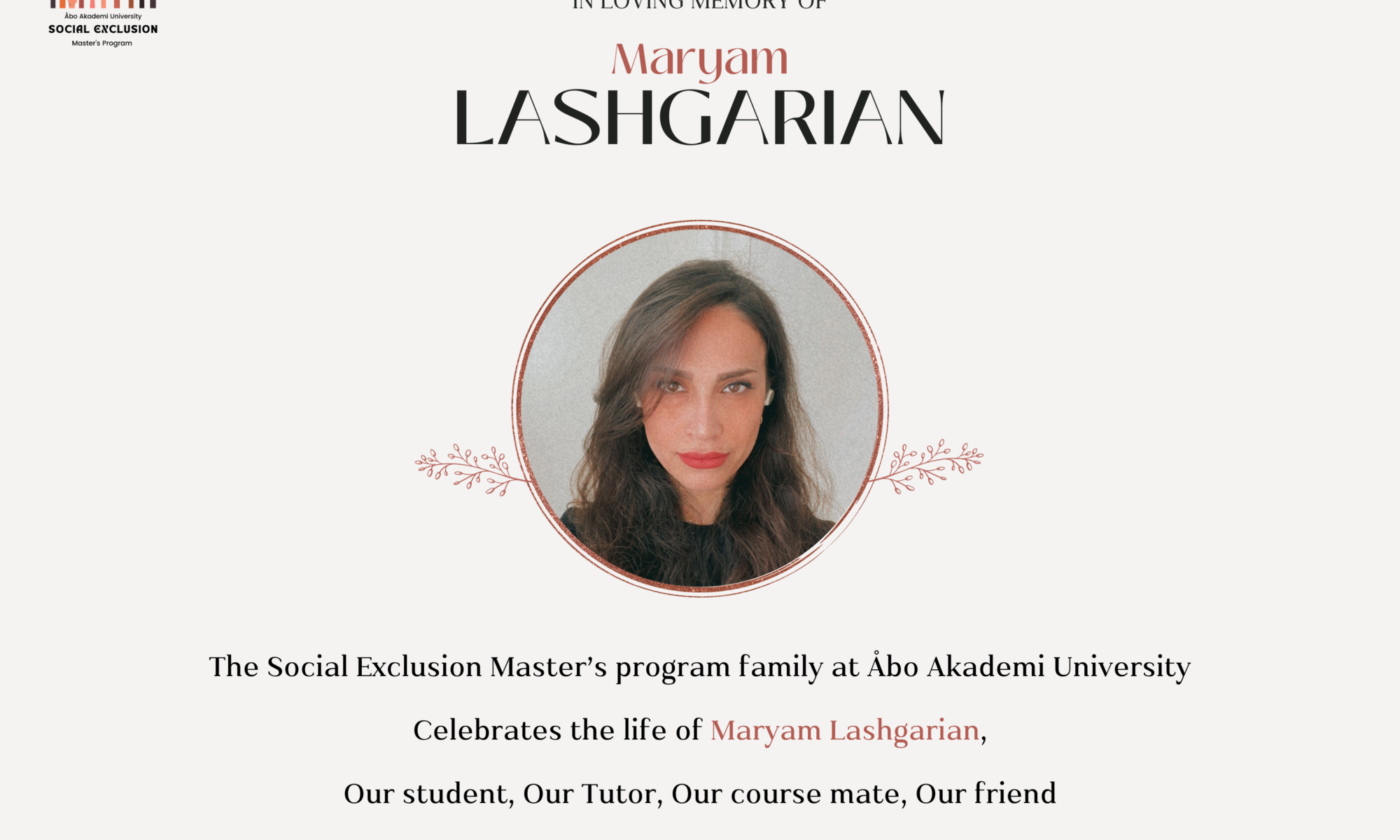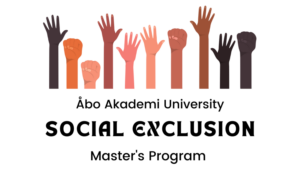Written by Rose Armitage
Introduction
Social exclusion in a geographical migration context can be defined as political and economic power structures at play that discriminate individuals moving from one place to another. UK’s Rwanda Scheme first announced in 2022, is a prime example of geographical social exclusion as it violates the country’s human rights obligations for people to claim asylum safely. I want to discuss the additions and damages of media and political discourses and how perception and language feed into persisting problems of division by power, the relationship between law and showpiece politics and what this means for human rights of asylum seekers. An asylum seeker can be defined as an individual seeking international protection due to fleeing their country of origin because of fear of persecution and a refugee is an asylum seeker who has been legally recognised (Amnesty International, 2019).
What is the Rwanda Scheme?
The Rwanda Scheme is a financial deal between the UK and Rwanda which implements systematic deportation of people who enter the UK to be deported to Rwanda if they enter the UK ‘unofficially’. However, it’s virtually impossible to claim asylum unless already in the country; therefore, the plan creates a paradoxical situation for asylum seekers. Reports (Sky, 2022) state that migration politics have long been susceptible to language that contributes to a perception that migration and asylum seeking is an issue of securitization. Securitization, in the context of international relations, refers to approaching an issue with the mindset that a certain issue is a crisis; therefore, it should be approached with urgency, threat and defence (Munster, 2012). The mobility of people whether migration or asylum seeking should never be considered an issue of securitisation. Historically, deportation has an association with crime; between the 16th and 18th century, convicts were transported from Britain and Ireland to various penal colonies such as Australia. As asylum-seeking is increasingly viewed as a securitization rather than a humanitarian issue, the dimension and association of criminality stick. In politics, the topic of migration is handled with the labels of “illegal” and “legal”. Furthermore, there is also a frequent use of the term “bogus” and “irregular migration”; within the former prime minister of Britain, Boris Johnson’s, speech we hear this terminology along with phrases like “These vile people smugglers are abusing the vulnerable” (Gov.co.uk, 2022) said with hypocrisy as, after all, what is deportation if not people smuggling and what is more vulnerable than doing this against someone’s will. Since last year’s speech the new Prime Minister, Rishi Sunak, consistently remarks on the implementation of the deportation scheme and states deportations will happen “within days” and not months or years (Guardian, 2023).
Not only does the scheme impact the victim but further the hostility of marginalised individuals living in the UK. This political and media discourse generates exclusivity and racism which indirectly impacts xenophobia and racism in the UK. This intensifies the social exclusive lens of many people, encouraging support from those who hold populist ideals.
The Root of the Problem
The scheme alludes to solving migration issues as the UK government expects that the scheme will be a deterrent for asylum seekers coming to the UK. However, statistics show that there has been a minor change in the number of asylum seekers entering the UK since the scheme was announced (BBC, 2022). Chaloner et al. (2022) indicate that for several decades, the Home Office has consistently opted for methods that deter people from migrating and claiming asylum in the UK. Changes in the system are rarely implemented, despite presenting a rhetoric that the numbers are unmanageable. Chaloner et al. (2022) rightly categorise the government’s method as one of “disposing of” as opposed to a deterrent. Several organisations confirmed that such a scheme is unlawful and incompatible with Art. 31 (1) of the 1951 Refugee Convention, which forbids penalization of refugees for illegal entry (Höni, 2022). Despite this, in January 2023 after a long legal process, the high court upheld ruling the scheme as lawful, meaning in the coming months the plan can be actualised. Human Rights Watch (2022) also analysed that the plan would create a 2-tier refugee system through the categories of “illegal” and “legal”. Although the implementation of the scheme would make it very hard and restricted for people to claim asylum through the “legal” way, as you must be within the country to do so, the whole thing is barbaric. The only requirement to obtain refugee status should only ever be moving away from the threat of persecution or serious harm. The issue of people entering the country “unofficially” is a clear indicator of the failings of the UK government to provide safe and easy accessibility in the first place. Furthermore, the Rwanda scheme is a clear “structural, institutional or agentive process of repulsion or obstruction,” (Fischer, 2011), which will solidify a systemic exclusive nature in the future.
What Needs to Happen?
The scheme attributes against the needed changes within the migration system as discourse shifting is needed to able to help those in need. What is meant by discourse shifting is a change from viewing asylum-seeking with an exclusive, securitized, and hostile nature and towards being viewed as a humanitarian and social crisis. Deportations need to stop they are cruel and inhumane but also expensive and resource-consuming. A charity, Migrant Action (2021) understands that the UK needs to adopt changes that undergo research-based methods to grasp why the system is ineffective and failing so many. In addition to this, it is salient to transform these hostile environments so that within the many stages of the migration system, it is addressed as humanitarian as opposed to a legal battle. There have been numerous accounts of those who have been threatened by deportation which has severely impacted their mental health. Caato (2022), a writer for Al Jazeera, reported people having suicidal thoughts and going on hunger strikes in protest of the scheme. Campbell (2017) investigated the complexities and the faults of the UK’s migration system and concluded that it was an extremely lengthy process, involving several language tests and court hearings; any inconsistencies in paperwork may threaten the person’s chance of gaining refuge and put many at cumulative disadvantages. In addition to this, it is not uncommon for someone to get lost within the system. The mess of the migration with the addition of the scheme will catalyse a humanitarian crisis, as it will provide systematic efficiency and contribute to a harsher inside/outside dichotomy.
Conclusion
The UK’s move to further perpetuate social exclusions as a securitization issue, creating a framework where there’s a ‘right’ and ‘wrong’ way to be an asylum seeker, is damaging to social exclusion in a geopolitical context as undermining international standards contributes to the ineffectiveness and protection of them when they are violated. Conclusively, the announcement has treacherously stimulated public uproar, creating a divisive showpiece that is using time and resources that could be diverted elsewhere. It alludes to solving migration issues, in contrast to getting to the root of the issue; there should be a focus on attending to these inefficient systems that are failing many people and perpetuating these issues further.
Bibliography
Amnesty International. 2019. Do you know the difference between a refugee and an asylum seeker? The most common refugee terminology explained. 24 January. Available from: What’s the difference between a refugee and an asylum seeker? (amnesty.org.au)
BBC, 2022. What is the UK’s plan to send asylum seekers to Rwanda? Available from: What is the UK’s plan to send asylum seekers to Rwanda? – BBC News
Caato, Mohamed Bashir. 2022. Al Jazeera. ‘I’ll take my life’: UK refugees being deported to Rwanda despair. Available from: ‘I’ll take my life’: UK refugees being deported to Rwanda despair | Refugees News | Al Jazeera
Campbell, J. 2017. Bureaucracy, Law, and Dystopia in the United Kingdom’s Asylum System. Routledge: London
Chaloner, J. Baggaley, R. Ryan, B. Nellums, L. 2022. Deter or dispose? A critique of the relocation of asylum applicants to Rwanda and its public health implications. Regional Health, 18 100442.
Gov.co.uk. 2022. PM speech on action to tackle illegal migration: 14 April 2022. Available from: PM speech on action to tackle illegal migration: 14 April 2022 – GOV.UK (www.gov.uk)
Guardian. 2023. Rishi Sunak says people arriving in UK illegally will be deported ‘within days by Jessica Elgot and Rajeev Syal. 2 February. Available from: Rishi Sunak says people arriving in UK illegally will be deported ‘within days’ | Immigration and asylum | The Guardian
Höni, J. 2022 Out of Sight, out of Mind?: Why the UK-Rwanda Deal on Offshore Migration Processing May (Not) Serve as an Example for Other Immigration-Skeptic States in the Global North, Völkerrechtsblog.
Migrant Action. 2022. WHAT WE DO. Available from: Migrant Action
Munster, R V. 2012. The concept of Securitization. Oxford Bibliographies. Available from: Securitization – International Relations – Oxford Bibliographies
Sky. 2022. What is the Rwanda deportation scheme and why is it controversial? 14 June. Available from: What is the Rwanda deportation scheme and why is it controversial? – YouTube
Read Rose’s second blog post here.




 In our correspondence with Peter Nynäs, the first head of the program, we delved into the early days when the idea of the Master’s Degree Programme in Social Exclusion was taking shape. The decision to start the program was initiated by the Åbo Akademi University board in August 2017, marking a significant milestone as the first international program in the Faculty of Arts, Psychology, and Theology.
In our correspondence with Peter Nynäs, the first head of the program, we delved into the early days when the idea of the Master’s Degree Programme in Social Exclusion was taking shape. The decision to start the program was initiated by the Åbo Akademi University board in August 2017, marking a significant milestone as the first international program in the Faculty of Arts, Psychology, and Theology. In our correspondence with Aminkeng Alemanji, the current head of the Social Exclusion Master’s Program, we gained insights into the major milestones and achievements of the program. He highlighted the journey from an idea conceived by Peter Nynäs to the program’s realization.
In our correspondence with Aminkeng Alemanji, the current head of the Social Exclusion Master’s Program, we gained insights into the major milestones and achievements of the program. He highlighted the journey from an idea conceived by Peter Nynäs to the program’s realization.


